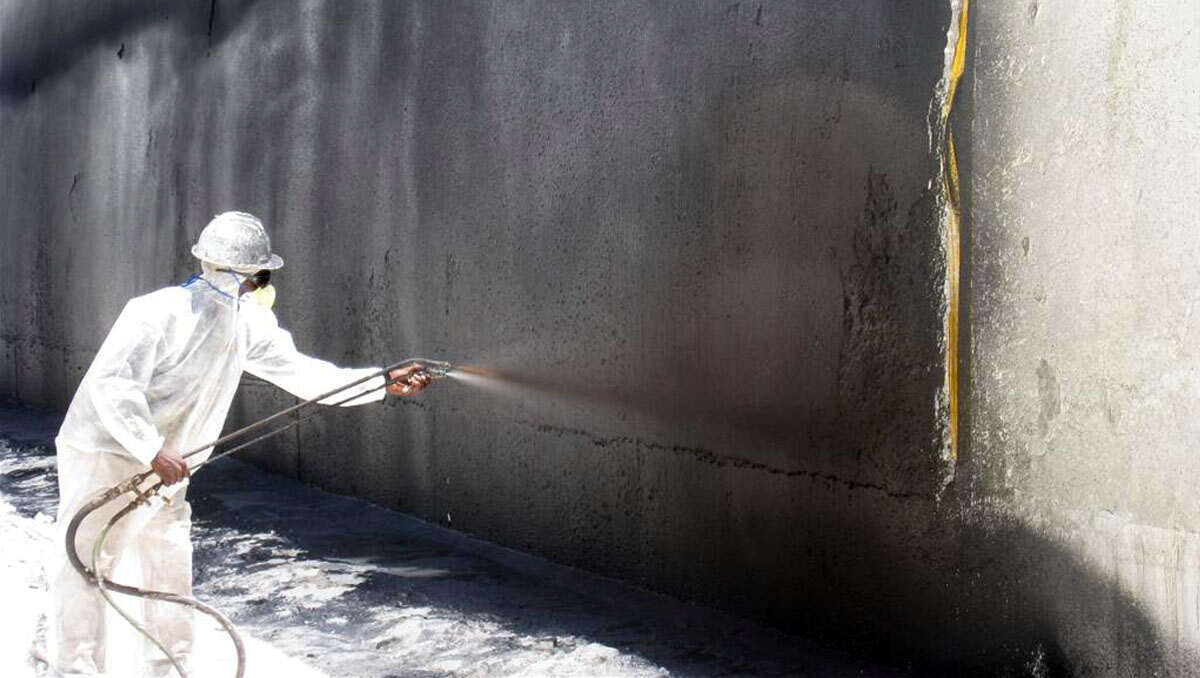Basement Waterproofing with Polyurea: The Ultimate Solution
Water infiltration is a common problem in basements, causing significant damage to the foundation, lower levels, and personal belongings. Many homeowners often find themselves dealing with dampness, mold growth, and even structural issues due to basement water issues. However, advancements in technology and materials have brought about innovative solutions, and one of the most effective methods for basement waterproofing is using polyurea coatings.
Polyurea is a synthetic compound that features powerful adhesive properties and durability. It is highly resistant to water, chemicals, and even extreme temperatures. With these qualities, polyurea has become the ultimate solution for basement waterproofing, providing homeowners with peace of mind and a dry and safe living space. In this article, we will explore the benefits and applications of polyurea coatings for basement waterproofing.
One of the primary advantages of using polyurea for basement waterproofing is its remarkable strength and flexibility. As a spray-applied material, polyurea can conform to any surface irregularities in the basement walls and floors, creating a seamless and continuous barrier against water infiltration. Unlike traditional waterproofing methods, such as cementitious coatings or rubber membranes, polyurea coatings do not crack or peel under pressure or movement. This allows for long-lasting protection and maintenance-free peace of mind.
Another significant benefit of polyurea coatings is their rapid curing time. Once applied, the polyurea dries and cures within a matter of minutes, creating an impermeable membrane that is ready for immediate use. This quick curing time allows for minimal disruption to the homeowner’s daily life during the waterproofing process. Furthermore, it is suitable for both new construction projects and existing basements, making it a versatile solution for any waterproofing needs.
Polyurea coatings also offer excellent resistance to chemicals and abrasion. Basements are often exposed to high levels of moisture, which can lead to the growth of mold and mildew. However, polyurea coatings contain antimicrobial properties, inhibiting the growth of fungi and bacteria. Additionally, polyurea is highly resistant to chemicals commonly found in basements, such as gasoline, oil, and cleaning agents. This makes it an ideal choice for homeowners looking for a durable and long-lasting solution to their basement waterproofing needs.
In terms of cost-effectiveness, polyurea coatings prove to be a wise investment over time. While the initial installation cost may be higher than traditional waterproofing methods, the durability and long lifespan of polyurea coatings result in significant cost savings in the long run. Unlike other waterproofing techniques that may require frequent maintenance or replacement, polyurea coatings can last for decades without the need for repairs. This saves homeowners both time and money and provides them with a permanent solution to their basement water issues.
Furthermore, polyurea coatings offer an aesthetic advantage. Unlike cementitious coatings or rubber membranes, which may leave a textured or rough finish, polyurea coatings can be customized to provide a smooth and visually appealing surface. Homeowners can choose from a range of colors and finishes to suit their design preferences, creating a finished basement that is not only waterproof but also visually pleasing.
In conclusion, basement waterproofing with polyurea coatings is a game-changer in the construction industry. Its exceptional strength, rapid curing time, resistance to chemicals and abrasion, and cost-effectiveness make it the ultimate solution for homeowners dealing with basement water issues. By investing in polyurea coatings, homeowners can protect their basement’s foundation, prevent mold growth, and create a dry and safe living space for years to come.
Read Also: Laminate Floor Installation: A Simple and Fast Method


